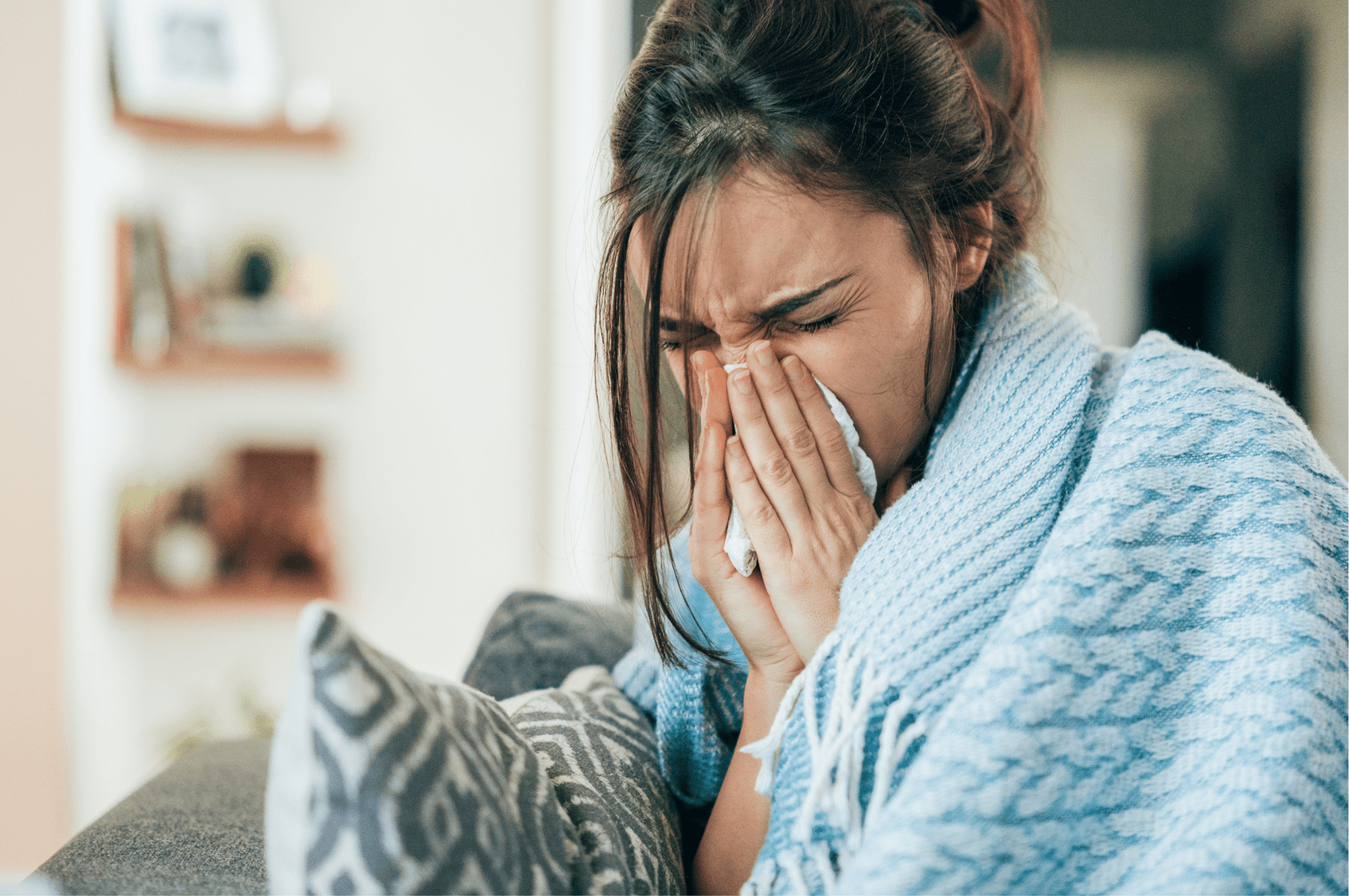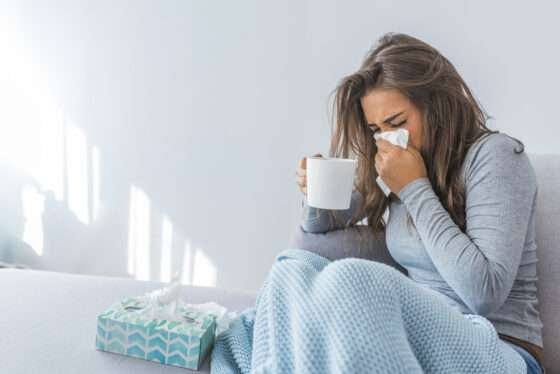
If you want simple Tips to Prevent Seasonal Flu, this Ayurvedic-friendly guide blends evidence-based public-health measures (vaccination, hygiene) with safe home practices and herbs to strengthen your defences. Use these tips to reduce your risk and protect vulnerable family members. If you have chronic illness or frequent respiratory problems, get a personalised consultation (link below).
The problem
Seasonal flu spreads easily by droplets and contaminated hands or surfaces. The immediate problem is fever, chills, cough and body aches; the deeper problem is that flu can cause severe illness in older adults, young children, pregnant women and people with chronic conditions. Vaccination and basic infection control are the most reliable ways to lower risk and severe outcomes.
Quick overview — 10 practical tips to prevent seasonal flu
Below are 10 actionable Tips to Prevent Seasonal Flu you can start today. Pick 2–3 to begin and add more as you can.
1) Get the seasonal flu vaccine if you are eligible
Why: Annual vaccination reduces your risk of getting flu and lowers the chance of severe illness. Priority is given to older adults, young children, pregnant women, health workers and people with chronic illnesses. Check local availability and eligibility.
2) Wash hands frequently and correctly
Why: Hands pick up viruses from surfaces and transfer them to your face. Washing with soap and water for 20 seconds or using an alcohol hand rub prevents spread — a simple, powerful tip to prevent seasonal flu.
3) Practice respiratory etiquette — cover coughs and sneezes
Why: Use a tissue or cough into the crook of your elbow, dispose of tissues safely and wash hands. These steps reduce droplet spread to others and surfaces.
4) Stay home when unwell — protect others
Why: If you have fever or heavy symptoms, avoid work, school and crowded places until you’ve recovered. Staying home is one of the best community-minded tips to prevent seasonal flu from spreading.
5) Improve indoor air and ventilation
Why: Good ventilation lowers concentration of airborne viruses. Open windows when possible, use exhaust fans, and avoid crowded, poorly ventilated spaces during the peak season.
6) Use masks when risk is high or around vulnerable people
Why: Masks reduce the chance of spreading infection from a sick person and can protect high-risk individuals when community transmission is high. Use well-fitting masks in close contact or healthcare settings.
7) Strengthen immunity with lifestyle basics (sleep, diet, movement)
Why: Good sleep, balanced meals, regular exercise and stress reduction support immunity. These everyday measures are practical, sustainable tips to prevent seasonal flu over the long term.
8) Safe Ayurvedic adjuncts — herbs and decoctions (supportive, not a replacement)
Why: Traditional herbs such as tulsi (holy basil), giloy (Guduchi) and ginger are widely used to support respiratory health and reduce symptoms in early colds or mild influenza-like illness. Use them as supportive self-care alongside public-health measures — and consult a practitioner if you have chronic disease, pregnancy, or take medicines.
9) Keep personal items and high-touch surfaces clean
Why: Regularly clean doorknobs, phone screens, remote controls and work surfaces. Combined with hand hygiene, this reduces indirect transmission.
10) Know when to seek care — early testing and antivirals for high-risk people
Why: People at high risk who develop symptoms should seek medical advice early. Antiviral medicines (when indicated) work best when started promptly; your clinician can advise testing and treatment if appropriate.

Practical daily routine using these tips to prevent seasonal flu
- Morning: take recommended vaccine (if eligible and not yet done), and practise 10 minutes of breathwork or gentle exercise for immunity.
- During day: wash hands regularly, avoid touching face, eat a balanced meal with fresh fruits (vitamin C sources), and keep workspaces ventilated.
- If someone in the home is unwell: use masks indoors, isolate the sick person to one room if possible, sanitise surfaces and monitor symptoms.
Safety notes & evidence brief
- Vaccination is the single most effective public-health tool to reduce severe flu.
- Hand hygiene, respiratory etiquette and staying home when ill consistently reduce transmission.
- Ayurvedic herbs (tulsi, giloy, ginger, turmeric) are traditionally used for respiratory support; evidence supports their supportive role but they do not replace vaccination or medical care in severe illness. Use herbs under guidance if you have comorbidities or take other medicines.
When to get a consultation
If you are in a high-risk group, have severe symptoms (shortness of breath, confusion, persistent high fever), or need personalised preventive care (vaccination advice, drug interactions, tailored herbal plan), get a consultation from Vedic Upchar:
👉 https://vedicupchar.com/doctor-consultation.
A practitioner can assess your risks, recommend vaccines or safe Ayurvedic prophylaxis, and guide early treatment if needed.